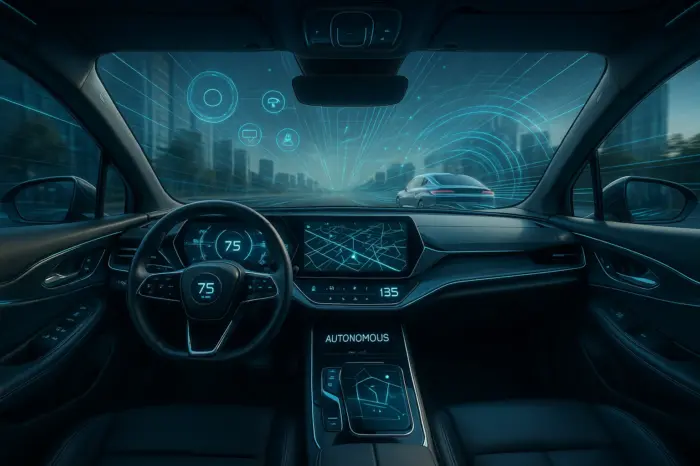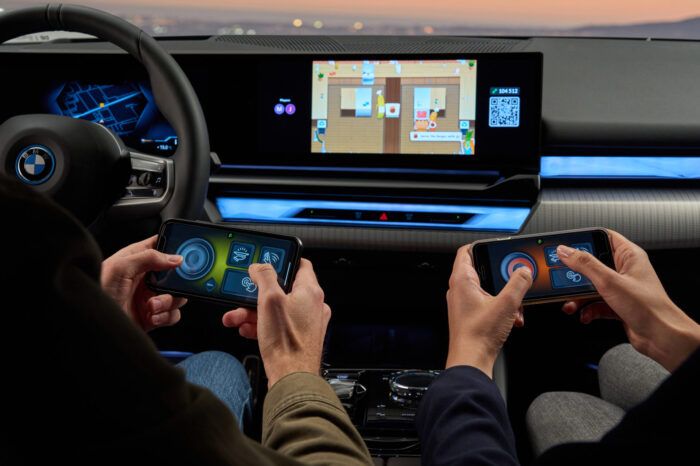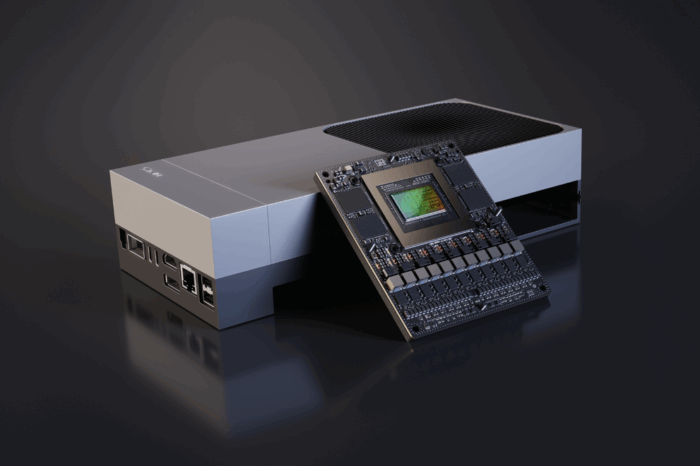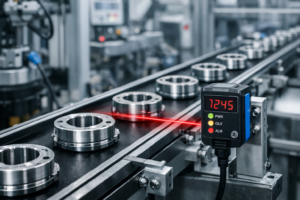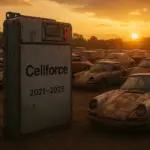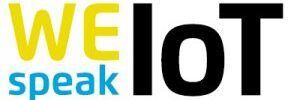Cellforce: End of a flagship project – Porsche halts battery cell production
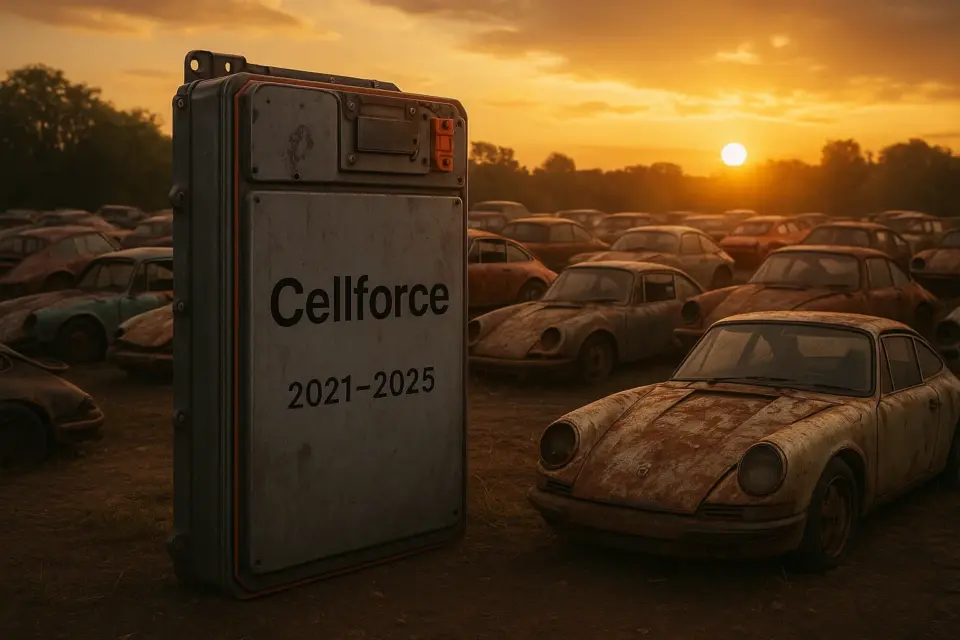
On 25 August 2025, Porsche confirmed that its subsidiary Cellforce Group GmbH will not enter series production of high-performance battery cells. Instead, Cellforce will be refocused as an independent research and development unit. The company cites slower-than-expected EV adoption and changed market conditions in China and the U.S.; about 200 of nearly 300 jobs are affected.
On Cellforce’s website it still reads “Welcome to the mobility of the future.” Yet only about four years after its founding, it’s already coming to an end. Porsche CEO Oliver Blume and R&D chief Michael Steiner point to “insufficient production volumes” and a lack of economies of scale as the key reasons to abandon in-house cell manufacturing. Porsche says it will support the downsizing in a socially responsible way; some employees may find roles at Volkswagen’s battery subsidiary PowerCo. Expertise from Cellforce is to be retained for cell and system development across Porsche programs.
Origins and ambitions: the 2021 launch
When founded in 2021, Cellforce was conceived as Porsche’s lighthouse project for advanced, high-performance battery cells—initially with a pilot “ramp-up” plant and the perspective of a second, larger site in Germany. The goal: develop cells optimized for sports-car use cases (high power and charging performance) and reduce dependence on external suppliers. Public funding and regional support accompanied the early plans.
Over time, however, the business case for a dedicated Porsche cell factory weakened. By spring 2025 Porsche had already stopped pursuing an expansion of high-performance battery production, foreshadowing the current decision.
Why Porsche is pulling the plug
- Market ramp-up slower than expected
Porsche explicitly links the realignment to a slower ramp-up of electromobility and changing policy and market frameworks in China and the United States. Luxury EV demand has not scaled at the pace required for an economic proprietary cell line. - Lack of scale
For volume and cost reasons, Porsche states it cannot justify in-house cell manufacturing at Cellforce. Pilot-level output would not achieve the economies of scale needed to be competitive with large incumbent cell makers. - Capital discipline and portfolio focus
The company is concentrating resources on cell and system development—where Porsche sees clear differentiation—while sourcing series cells externally. The April outlook already flagged tighter capital allocation amid macro uncertainties and weaker sales, especially in China.
What’s next for Cellforce
Cellforce will continue as a R&D unit focused on battery cell chemistry and system integration. Porsche emphasizes that electrification remains a key pillar of its drivetrain strategy; the decision affects manufacturing plans, not EV strategy overall. The company also indicates potential placement opportunities for affected staff within the wider Volkswagen Group battery network.
German media and public broadcasters report that approximately 200 positions are at risk at the Kirchentellinsfurt/Tübingen site; prior to today’s confirmation, labor authorities had been notified of a mass layoff, according to earlier reports.
Balance sheet of an experiment
Four years after its founding, Cellforce will not proceed to series production. The decision illustrates a broader industry lesson: cutting-edge battery technology alone does not guarantee a viable factory without scale, predictable demand, and stable policy frameworks. Porsche keeps the know-how in-house—via research and system development—while relying on external partners for industrialized cell supply.
In short: the technology remains, the factory doesn’t. Porsche doubles down on development excellence while trimming industrial ambitions where scale works against a niche, high-performance portfolio.




